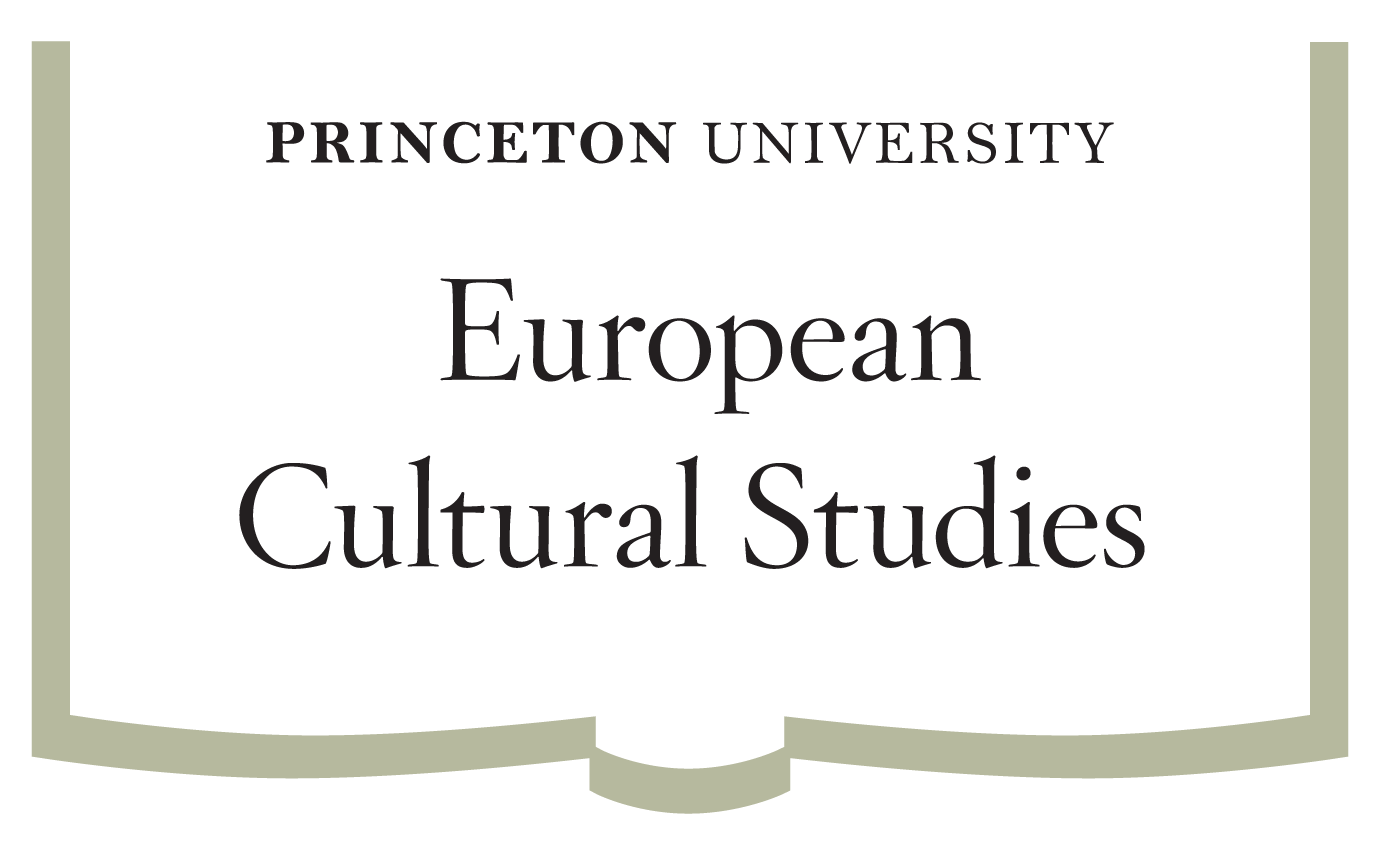This class explores why social and political theory requires theory of knowledge. Prefiguring Hegel and Marx the authors we read remain seminal to both history and “the permanence of the aesthetic” (Marcuse) because they conceive “thinking” itself as “self-determination” in which any “self ” first “becomes” “itself” in relation to others “outside” it (Kant), just as any “subject” is “predicated” not by choice but definition (Rousseau). From language and all forms of representation, to judgment, “consent” and law, the interpersonal depends on the personhood first defined in these works as the “agency” that continues to shape history today.












